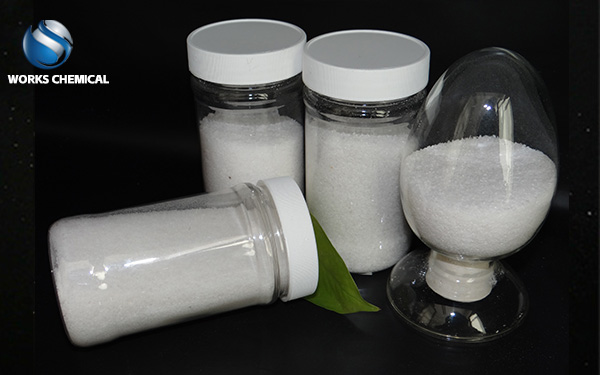
When the dewatering effect of municipal sludge is not good, it can be improved and optimized from the following aspects:

First, adjust the dehydration process parameters
Sludge concentration: Check the initial concentration of sludge, too high or too low concentration may affect the dehydration effect. By adjusting the sludge thickening process, the sludge concentration is kept in the appropriate range.
Temperature: Consider the effect of sludge temperature on dewatering performance. When conditions permit, appropriately increasing the temperature of the sludge is helpful to improve the dehydration effect.
pH value: Adjust the pH value of the sludge to the best range, which helps to improve the dewatering performance of the sludge. Sludge with different properties may have different pH requirements, which need to be determined experimentally.
Two. Optimization of sludge treatment process
Pretreatment: sufficient pretreatment of the sludge, such as chemical conditioning, physical crushing, etc., to improve the dewatering performance of the sludge.
Process combing: the sludge treatment process is combed to ensure that all links are smoothly connected and there is no blockage or leakage.
Introduction of advanced dehydration technology
Mechanical dehydration: The use of more efficient mechanical dehydration equipment, such as belt filter press, centrifuge, etc., these equipment usually has higher dehydration efficiency and better dehydration effect.
Hot drying: For sludge with high moisture content, hot drying technology can be considered to evaporation the water in the sludge by heating to achieve the purpose of rapid dehydration.
Filter press technology: The use of filter press to apply pressure to the sludge, so that the water in the sludge is discharged through the filter cloth, improve the dehydration effect.
Four, strengthen equipment maintenance and maintenanceRegular inspection: Check and maintain the dewatering equipment regularly to ensure that it is in good working condition.
Troubleshooting: Discover and handle device faults in a timely manner to avoid dehydration caused by device problems.
Regular assessment and monitoring of sludge
Laboratory analysis: Regularly conduct laboratory analysis of the sludge to understand the changes in its composition and properties, so as to adjust the dehydration process parameters and treatment flow.Effect monitoring: monitoring the operation of dehydration equipment and dehydration effect, timely detection of problems and treatment.
Six, other precautions
Agent selection and use: reasonable selection and use of sludge conditioning agents, flocculants and other agents to avoid the use of inappropriate or excessive agents to reduce the dehydration effect.
Environmental factors: Consider the impact of environmental factors such as temperature and humidity on the sludge dewatering effect, and take corresponding measures to adjust.
In summary, improving the dewatering effect of municipal sludge needs to start from many aspects, including adjusting process parameters, optimizing treatment flow, introducing advanced technology, strengthening equipment maintenance and regular assessment and monitoring. Through comprehensive policies, the dewatering effect of sludge can be significantly improved, and the difficulty and cost of subsequent treatment can be reduced.